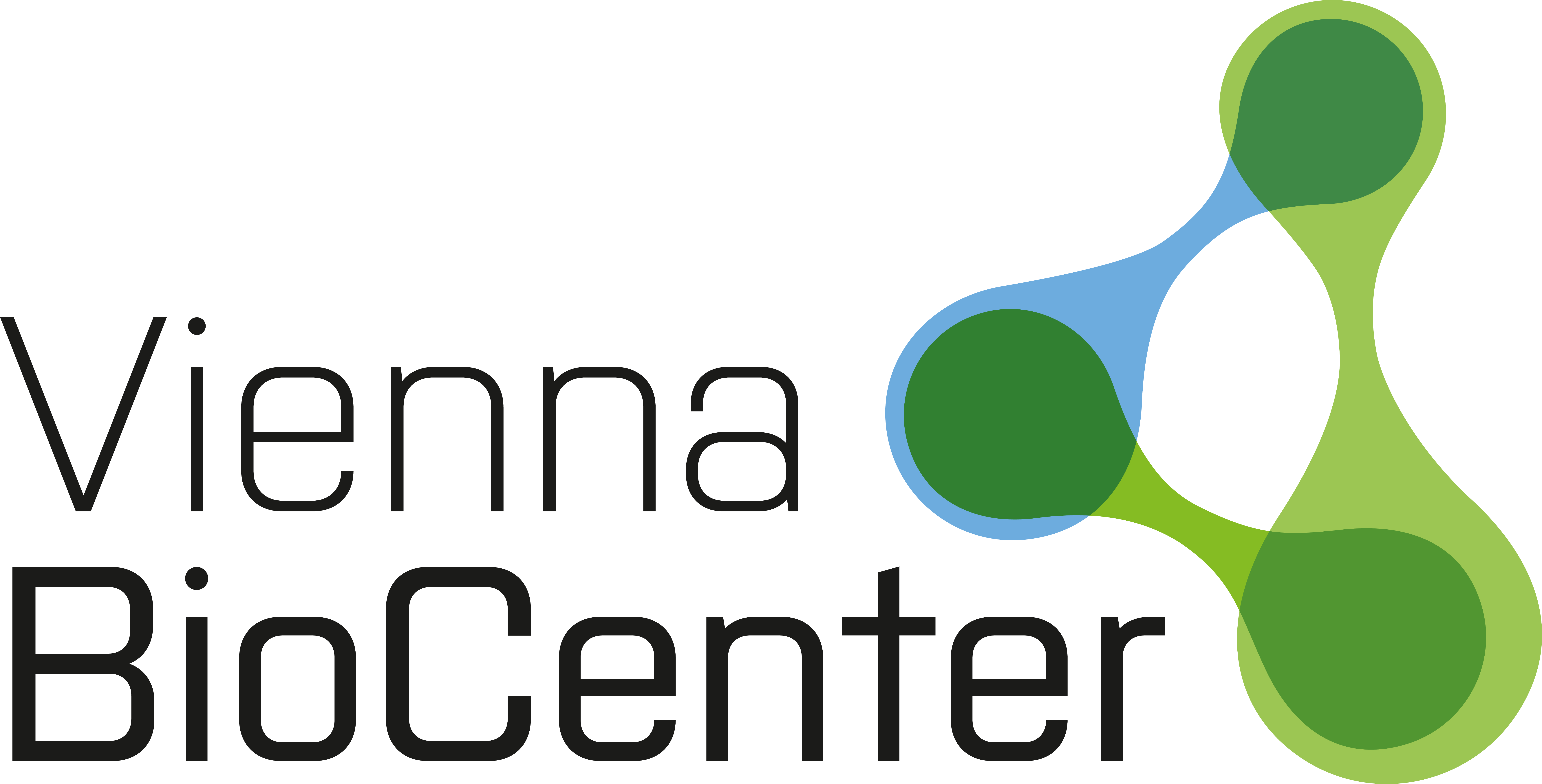Tridem Bioscience and the NEXGEN-PD consortium are pleased to announce the publication of
their new journal article titled “WISIT vaccines based on IL-31-derived peptides as a novel
therapeutic approach for chronic pruritic dermatoses” in PLOS ONE earlier this week. This
article, authored by Sabine Schmidhuber, presents innovative research on a novel therapeutic
approach to alleviate chronic pruritus (CP), otherwise known as itchy skin.
The article explores the development of WISIT vaccines targeting IL-31-derived peptides to
alleviate CP . Currently, CP cannot be effectively treated using conventional vaccine formats due
to the poor immunogenicity of the target molecules. This article presents a selection of vaccine
candidates based on the WISIT vaccine platform developed by Tridem Biosciences and
compares various aspects of their immunological performance to conventional vaccine formats
targeting IL-31.
The results showed a substantial improvement in immune responses generated by WISIT
vaccines compared to conventional vaccines for all the tested candidates, and successfully
identified several candidates for further study to treat CP . This constitutes a great advancement
in the field of dermatology, marking early steps towards an efficacious vaccine to treat
dermatological conditions.
Given that the WISIT platform is also being explored in the NEXGEN-PD project to treat
Parkinson’s Disease, this article provides a significant boost in confidence. Not only does this
article support expectations that NEXGEN-PD will achieve its overall goal of treating Parkinson’s
Disease, but it also demonstrates that WISIT technology is flexible regarding target structures
and can be readily transferred to other chronic diseases.
For further details and to follow the work progress, please visit the NEXGEN-PD website at
www.nexgen-pd.eu and follow us on LinkedIn at www.linkedin.com/company/nexgen-pd-
horizon-europe-project.
NEXGEN-PD is coordinated by Tridem Bioscience and has received €6 million in funding from the European Union’s Horizon Europe Framework Programme under grant agreement No 101080267. UK participants in NEXGEN-PD are supported by UKRI grant number 10064393.
This research was further supported by a Seed-financing DEEP-tech grant from the Austria Wirtschaftsservice (AWS) to Tridem Bioscience.

